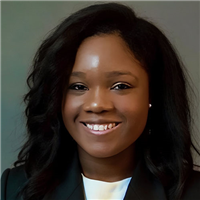About Us
Section Officers & Staff

Monika Pitzele
MD, PhD, FACEP
Chair

Keesandra Agenor
MD
Vice Chair

Judith Linden
MD, FACEP
Immediate Past Chair

Martin Landa
MD, FACEP
Secretary
Melissa Peters
MD, FACEP
Newsletter Editor

Lauren Hudak
MD
Councillor

Jessica Hobbs
DO, FACEP
Alternate Councillor

Diana Nordlund
DO, JD, FACEP
Board Liaison

Sandy Mardant
Staff Liaison
Section Objectives
- To provide a forum to formally interact with or have scholarly pursuits with others interested in general forensics, eg, MVCs, ballistics, etc, or with forensic subspecialties, eg, pediatric sexual assault, pediatric physical abuse and neglect, adult/adolescence sexual assault, domestic violence, and elder abuse.
- To provide an opportunity for emergency physicians interested in forensic medicine to work collaboratively.
- To develop training and resources for colleagues who have leadership responsibilities in sexual assault programs or in Sexual Assault Resource Teams (SART).
- To develop training and resources for forensic evidence collection, preservation and documentation skills, utilizing photography and various trace evidence techniques.
- To act as a resource on interfacing with the criminal justice system for case evaluation, trial preparation, and expert testimony, including strategies to improve our satisfaction when working with prosecutors.
- To provide additional opportunities to help familiarize our colleagues with the national forensic standards within the DOJ SAFE protocol and ACEP's handbook, which will be increasingly used as a patient care standard.
- To develop research and present educational/training programs about the specialty of forensic medicine.
- To develop criteria for the establishment of an emergency medicine forensic fellowship.
